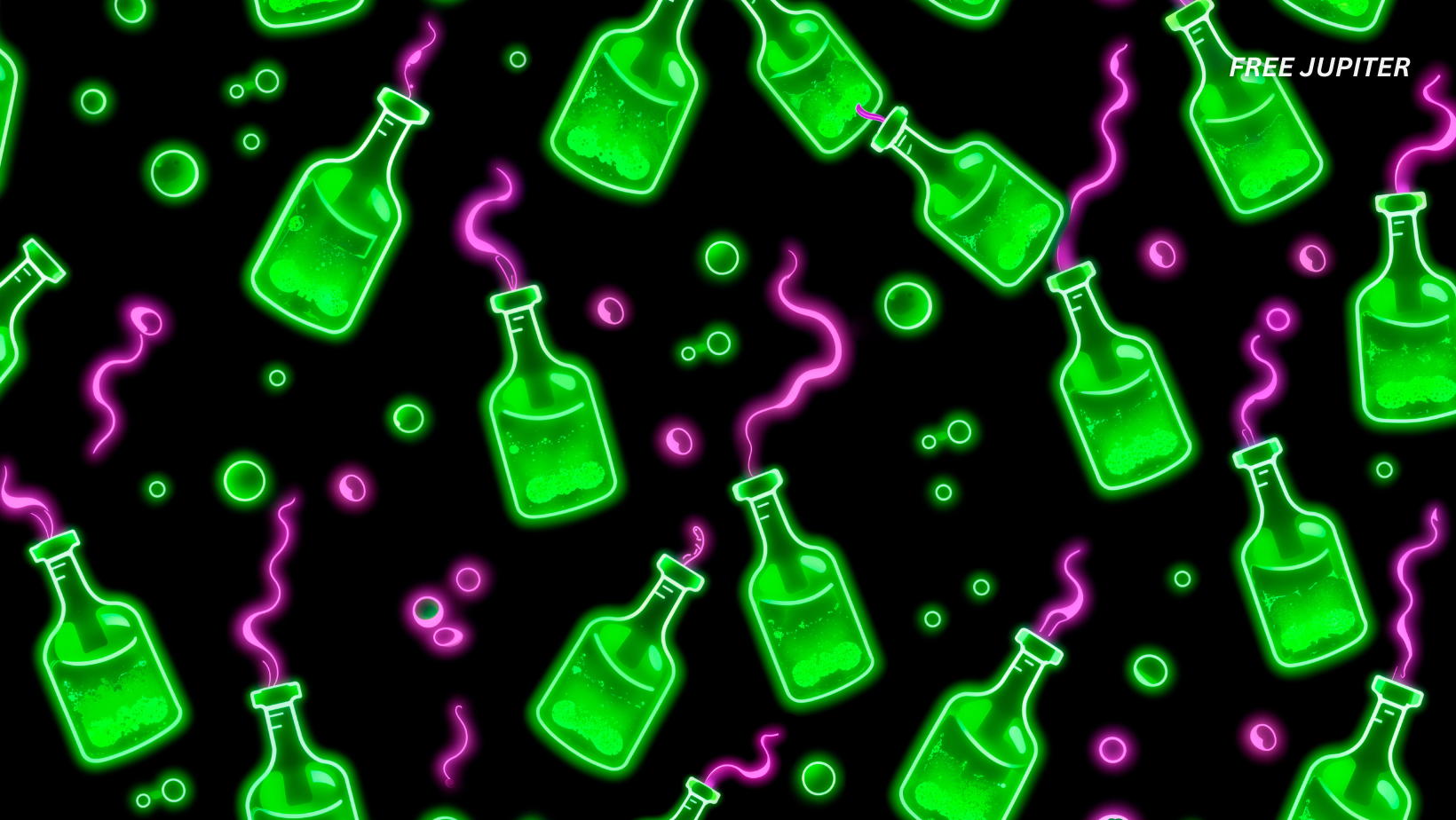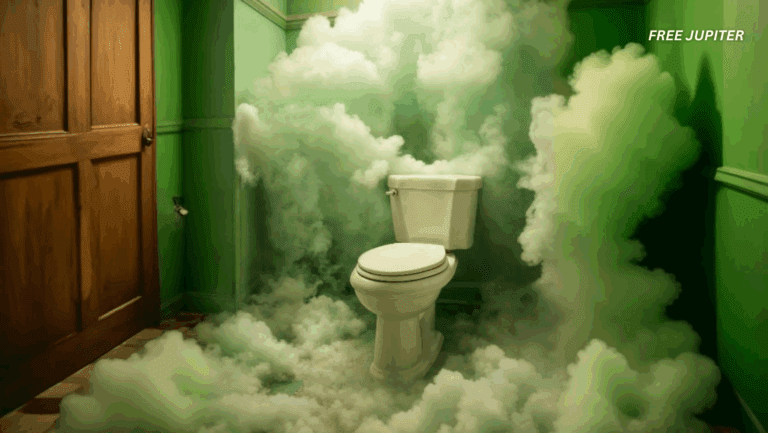Ever notice how some routines sneak into your life, quietly shaping your days without much fanfare? When it comes to drinking, the spotlight usually falls on binge drinking-those nights that end in blurry memories and regret. But beneath the surface, there’s a collection of drinking patterns that experts say might be even more concerning. These habits often blend into the background of daily life, making them easy to overlook but potentially more harmful in the long run.
What makes these patterns so tricky is their subtlety. They don’t come with the dramatic warning signs-no wild parties, no obvious loss of control. Instead, they slip into your schedule, disguised as harmless rituals or stress relievers. Over time, they can quietly chip away at your health, relationships, and sense of well-being.
Let’s pull back the curtain on these nine under-the-radar drinking habits that have doctors raising their eyebrows. By recognizing them, you can make more informed choices and keep your relationship with alcohol in check.
1. The Everyday Sip: Drinking Without Pausing
Having a drink every day might seem like a minor indulgence, especially if you keep it to one or two. But the real risk lies in the lack of breaks. When your body never gets a chance to recover, even light daily drinking can set the stage for dependence and long-term health issues. The liver, for example, needs time off to do its job properly, and constant exposure to alcohol can lead to gradual damage, even if you never feel intoxicated.
What’s more, daily drinking can slowly become a crutch for relaxation or winding down, making it tougher to enjoy downtime without a glass in hand. Experts suggest scheduling regular alcohol-free days to give your body and mind a reset.
Read more: The 4 Worst Beverages to Drink on a Plane—and What to Drink Instead, According to a Dietitian
2. The Gray Zone: Not Quite Casual, Not Quite Problematic
There’s a murky middle ground between the occasional drinker and someone with a clear drinking problem. This is sometimes called “gray area drinking.” You might not be blacking out or missing work, but you find yourself drinking more than you intended, or feeling uneasy if you skip your usual drink.
This pattern doesn’t come with dramatic consequences, which makes it easy to ignore. Yet, over time, it can nudge you toward a heavier reliance on alcohol. The key is to notice when drinking becomes a regular fixture in your routine, rather than an occasional treat.
3. Stress Relief in a Glass
After a tough day, it’s tempting to reach for a drink as a shortcut to relaxation. While this might seem harmless, using alcohol as your go-to stress reliever can mask underlying issues and create a cycle that’s hard to break. Instead of learning to manage stress through healthy outlets, you start to associate relief with drinking.
Eventually, this can worsen anxiety, disrupt sleep, and make it difficult to cope without alcohol. Finding other ways to unwind-like taking a walk, chatting with a friend, or practicing mindfulness-can help break this pattern.
4. The Pre-Event Ritual: Drinking Before Socializing
Some people like to “pre-game” before heading out, believing it’ll help them loosen up or save money. But drinking heavily before an event can quickly lead to overconsumption. It’s easy to lose track of how much you’ve had, especially when you continue drinking once you arrive. This can set the stage for risky decisions, accidents, or simply feeling unwell.
Being aware of this habit and setting limits before you start can help you stay in control and enjoy social events without going overboard.
5. Alone Time with a Drink
Drinking solo isn’t always a red flag-sometimes it’s just a quiet evening at home. But when it becomes a routine way to pass time or cope with loneliness, it can signal a deeper emotional reliance on alcohol. Without the social checks and balances of drinking with others, it’s easier for this habit to grow unnoticed.
If you find yourself regularly reaching for a drink when you’re alone, it might be worth exploring other ways to fill your evenings, like picking up a hobby or reaching out to friends.
6. The Health Halo: Justifying Drinking for Wellness
You’ve probably heard that a glass of wine is “good for your heart.” While there’s some debate about moderate drinking and health, using these claims to justify regular consumption can be misleading. Over time, it’s easy to overlook how much you’re actually drinking by focusing on supposed benefits.
The reality is that even moderate drinking comes with risks, including increased chances of certain health conditions. It’s important to be honest with yourself about your reasons for drinking and not let health claims cloud your judgment.
Read more: Things That No One Ever Tells You About Being A Functional Alcoholic
7. Secret Sips: Concealing How Much You Drink
Some people go out of their way to hide their drinking-sneaking drinks at work, stashing bottles, or downplaying how much they’ve had. This kind of secretive behavior is often a sign of deeper issues. The act of hiding alcohol use can create feelings of shame and isolation, making it harder to seek help or support.
Concealed drinking can also strain relationships and make it difficult for loved ones to notice when you need help. Recognizing this pattern is a crucial first step toward addressing the underlying causes and moving toward healthier habits.
8. Weekend Warriors: Saving It All for the Weekend
Maybe you’re disciplined during the workweek, but once the weekend rolls around, all bets are off. Heavy drinking on weekends can seem like a reward for getting through the week, but it often involves consuming large amounts in a short time. This puts extra strain on your body, leading to dehydration, poor sleep, and longer recovery times.
Even if you abstain during the week, weekend overindulgence can still increase your risk for accidents and long-term health problems. Finding other ways to celebrate or relax can help keep things in balance.
10. The Celebration Trap: Using Alcohol as a Reward
It’s common to raise a glass to mark a milestone or achievement. But if you find yourself reaching for a drink every time you want to celebrate or unwind, it can create a strong link between alcohol and positive feelings. Over time, this can make it harder to enjoy achievements or relaxation without involving alcohol.
Building new ways to reward yourself-like treating yourself to a favorite meal, spending time with loved ones, or pursuing a hobby-can help break this cycle and add more variety to your celebrations.
Why These Patterns Matter
While binge drinking gets a lot of attention, these quieter habits can be just as damaging-sometimes more so, because they’re easy to rationalize or overlook. Research shows that even moderate, regular drinking can increase the risk of a wide range of health issues, including liver problems, certain cancers, and mental health challenges.
Concealed or secretive drinking, in particular, is associated with a higher risk of developing more serious alcohol-related problems. Hiding alcohol use can lead to self-deception, making it harder to recognize when things are getting out of hand. The emotional toll-including shame, anxiety, and isolation-can further entrench the habit and delay seeking help.
Spotting the Signs and Taking Action
If you recognize any of these patterns in yourself or someone you care about, it might be time to take a closer look at your relationship with alcohol. Here are a few steps you can try:
- Keep a journal of your drinking habits to spot any trends or triggers.
- Build in regular alcohol-free days to give your body a break.
- Find alternative ways to manage stress and celebrate achievements.
- Reach out to friends, family, or professionals if you’re struggling to cut back or feel concerned.
Remember, the goal isn’t to eliminate fun or enjoyment from your life-it’s about making choices that support your long-term well-being. By staying mindful of these subtle patterns, you can keep your habits in check and enjoy a healthier, more balanced lifestyle.
Read more: If You Rely on Evening Wine to Relax, You May Display These 7 Habits Without Realizing It
The Takeaway
Drinking habits aren’t always loud or obvious. Sometimes, the most concerning patterns are the ones that blend into the background, quietly shaping your days and routines. By shining a light on these hidden drinking behaviors, you give yourself the chance to make more intentional choices and protect your health in the long run.
If any of these habits sound familiar, know that you’re not alone-and that change is possible. A little awareness can go a long way in helping you create a relationship with alcohol that works for you, not against you.










